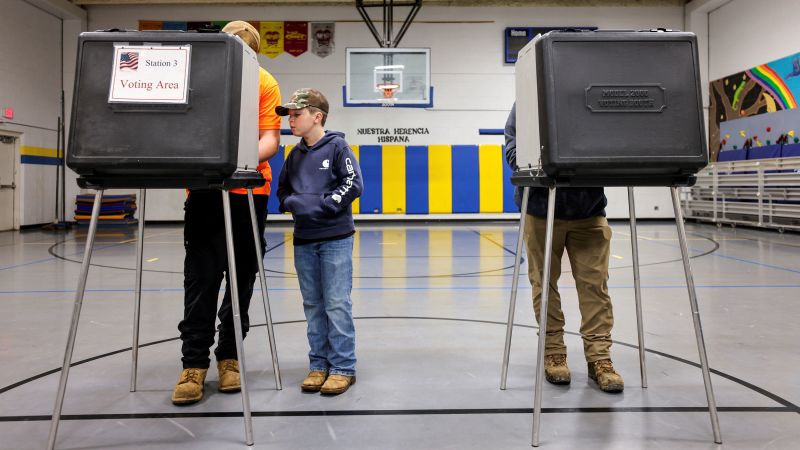Hurricane Helene's Aftermath: GOP Seeks to Invalidate Thousands of Ballots in Crucial NC Election

In a high-stakes legal battle, Republican Party leaders are challenging the recent North Carolina Supreme Court election results, despite two separate recounts confirming Democratic Justice Allison Riggs' narrow victory. The razor-thin margin of just 734 votes has sparked intense controversy and legal maneuvering.
The GOP's attempt to overturn the election highlights the increasingly contentious nature of judicial races in the state, where every vote can potentially shift the balance of power on the state's highest court. Justice Riggs' hard-fought win has become a focal point of partisan tension, with Republicans refusing to concede defeat.
Multiple recounts have consistently validated the original election results, yet the GOP remains determined to contest the outcome through legal channels. This persistent challenge underscores the critical importance of judicial elections and the potential long-term implications for North Carolina's legal landscape.
As the dispute continues, political observers are closely watching how this contested election might impact the state's judicial system and future electoral processes.

